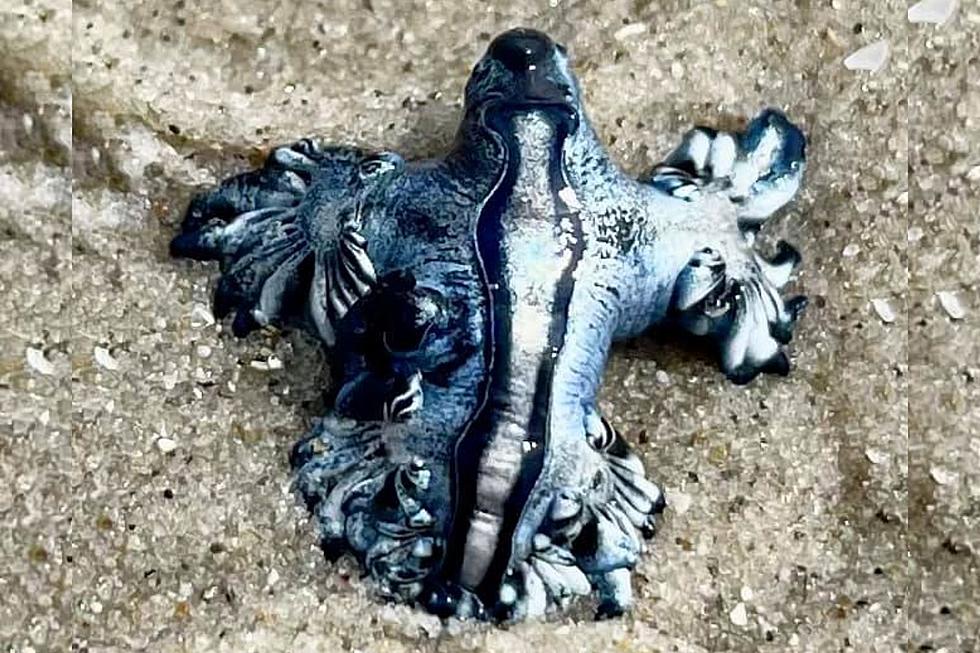
Food Poisoning Expert Tells Us 6 Foods He Refuses to Eat
It seems like food contamination has been front and center in the news in recent years. From outbreaks in lettuce, broccoli to the infamous shuttering of Blue Bell plants due to listeria it seems manufacturing safety might have taken a back seat to production numbers.
Having spent over 20 years working on food-poisoning lawsuits, Bill Marler simply doesn't eat certain foods anymore. Bill is a food poisoning expert and also an attorney. An attorney who is currently bringing about lawsuits to nationwide burrito chain Chipotle.
So, coming from the food poisoning expert, these are the things he refuses to eat.
1. Raw oysters.
Marler says he has seen more foodborne illnesses linked to shellfish in the past five years than in the two preceding decades. The culprit: warming waters. As globally waters heat up, it produces microbial growth, which ends up in the raw oysters consumers are slurping down.
3. Raw sprouts.
Sprout outbreaks are surprisingly common, with more than 30 bacterial outbreaks (primarily salmonella and E. coli) in the past two decades.
“There have been too many outbreaks to not pay attention to the risk of sprout contamination,” Marler says. “Those are products that I just don’t eat at all.”
4. Rare meat.
Sorry chefs, Marler isn’t going to order his steaks any rarer than medium-well. According to the expert, meat needs to be cooked to 160 degrees throughout to kill bacteria that could cause E. coli or salmonella.
5. Uncooked eggs.
For anyone who remembers the salmonella epidemic of the 1980s and early '90s, this is a no-brainer. According to Marler, the chance of getting food poisoning from raw eggs is much lower today than it was 20 years ago — but he still isn’t taking any chances.
6. Unpasteurized milk and juices.
A growing movement is encouraging people to drink “raw” milk and juices, arguing that pasteurization depletes nutritional value. Marler says pasteurization is not dangerous — but raw beverages can be, as skipping the safety step means an increased risk of contamination by bacteria, viruses, and parasites.
“There’s no benefit big enough to take away the risk of drinking products that can be made safe by pasteurization,” he says.
And while you're at it....NO MORE HAPPINESS! I'm kidding of course but you might want to take the advice of someone who has seen the outbreaks and their end results.
More From KLUB Tejano 106.9









